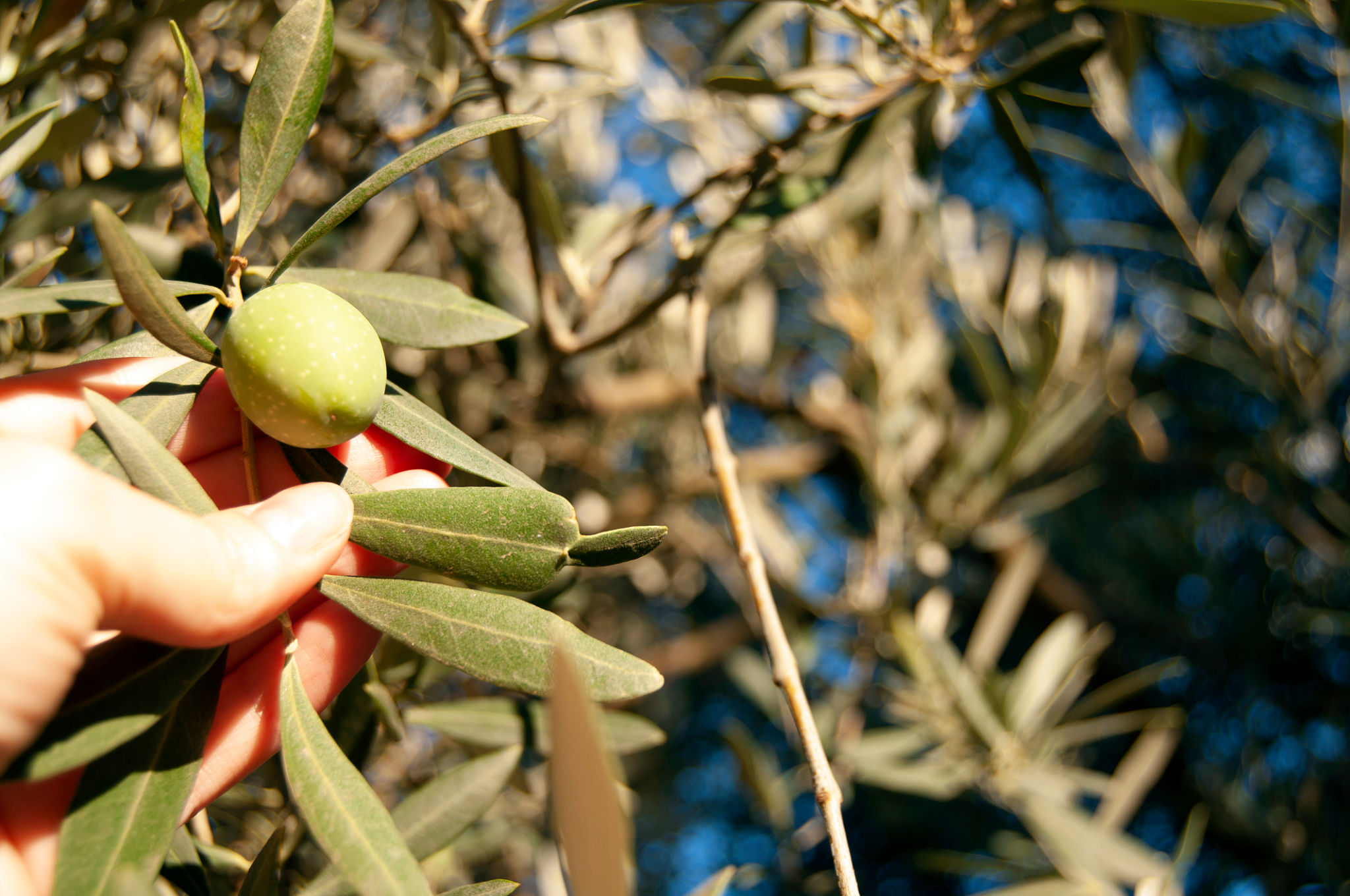Debunking Myths About Greek Olive Oil
NB
The Truth About Greek Olive Oil
Greek olive oil is often surrounded by a plethora of myths and misconceptions. Despite its popularity, many people are unaware of the true nature and benefits of this liquid gold. In this blog post, we aim to debunk some of the most common myths associated with Greek olive oil, revealing the facts that make it a staple in both Mediterranean cuisine and healthy diets worldwide.

Myth 1: All Olive Oils Are the Same
One of the most prevalent misconceptions is that all olive oils are created equal. However, this couldn't be further from the truth. Greek olive oil is renowned for its high quality, which stems from the country's unique climate and rich soil, ideal for cultivating olive trees. The flavor, aroma, and nutritional value can vary significantly depending on the region and production methods used.
Greek olive oils are often categorized based on their acidity levels and extraction processes. Extra virgin olive oil, for instance, is considered the highest quality due to its low acidity and lack of chemical processing. Understanding these differences can help consumers make informed choices when purchasing olive oil.
Myth 2: Olive Oil Should Be Stored in the Fridge
A common mistake is believing that olive oil should be stored in the refrigerator to preserve its freshness. In reality, refrigeration can cause the oil to become cloudy and thick. The best way to store Greek olive oil is in a cool, dark place, away from direct sunlight and heat sources. This ensures that its quality and flavor remain intact over time.

Myth 3: Cooking with Olive Oil Is Unhealthy
There is a widespread belief that cooking with olive oil can be unhealthy due to its low smoke point. However, Greek olive oil can withstand moderate cooking temperatures without losing its beneficial properties. In fact, it is rich in antioxidants and healthy fats that are known to promote heart health.
When used correctly, Greek olive oil can enhance both the taste and nutritional value of dishes. It's essential to remember that like any oil, it should be used in moderation to maintain a balanced diet.

Myth 4: Olive Oil Is Only for Mediterranean Dishes
While Greek olive oil is a cornerstone of Mediterranean cuisine, its uses extend far beyond traditional dishes. It can be a versatile ingredient in various culinary applications worldwide. From salad dressings and marinades to baking and sautéing, the possibilities are endless.
Experimenting with Greek olive oil in different recipes can open up a world of flavors. Its rich taste profile can complement a wide range of ingredients, making it a valuable addition to any kitchen.
The Benefits of Choosing Greek Olive Oil
Choosing Greek olive oil means embracing a product with an ancient heritage and numerous health benefits. Its rich history and connection to Greek culture add an extra layer of authenticity and prestige. By debunking these myths, consumers can appreciate the true value of Greek olive oil and incorporate it into their daily lives confidently.
The next time you're shopping for olive oil, consider reaching for a bottle of Greek extra virgin olive oil. Whether you're drizzling it over a fresh salad or using it to sauté vegetables, you'll be indulging in a tradition that has been cherished for centuries.